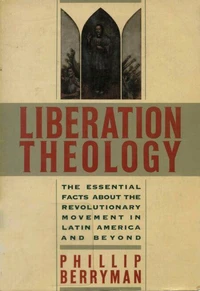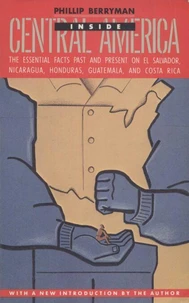OUR UNFINISHED BUSINESS
Par :Formats :
Disponible dans votre compte client Decitre ou Furet du Nord dès validation de votre commande. Le format ePub protégé est :
- Compatible avec une lecture sur My Vivlio (smartphone, tablette, ordinateur)
- Compatible avec une lecture sur liseuses Vivlio
- Pour les liseuses autres que Vivlio, vous devez utiliser le logiciel Adobe Digital Edition. Non compatible avec la lecture sur les liseuses Kindle, Remarkable et Sony
- Non compatible avec un achat hors France métropolitaine
 , qui est-ce ?
, qui est-ce ?Notre partenaire de plateforme de lecture numérique où vous retrouverez l'ensemble de vos ebooks gratuitement
Pour en savoir plus sur nos ebooks, consultez notre aide en ligne ici
- Nombre de pages208
- FormatePub
- ISBN978-0-307-83164-4
- EAN9780307831644
- Date de parution20/02/2013
- Protection num.Adobe DRM
- Taille2 Mo
- Infos supplémentairesepub
- ÉditeurPantheon
Résumé
What human ends are served by our economic policies? To whom is what "owed" in our country today? Is there an acceptable argument for just wars - or for the proliferation of nuclear weapons? In the final years of the Reagan era, The U. S. Catholic bishops emerged as articulate sources of dissenting wisdom, publicly testing our foreign and domestic policies against the principles of morality and humanity. With the same succinct style of Liberation Theology, Phillip Berryman analyzes two recent and widely circulated texts: the 1982 Challenge of Peace (on nuclear arms) and the 1986 Economic Justice For All.
Drawing on debate in and beyond church circles over these letters, Berryman argues that as we search for acceptable answers to urgent political questions we must use ethical and moral traditions if we are to confront them squarely. Only then can we promote peace and prosperity for all.
Drawing on debate in and beyond church circles over these letters, Berryman argues that as we search for acceptable answers to urgent political questions we must use ethical and moral traditions if we are to confront them squarely. Only then can we promote peace and prosperity for all.
What human ends are served by our economic policies? To whom is what "owed" in our country today? Is there an acceptable argument for just wars - or for the proliferation of nuclear weapons? In the final years of the Reagan era, The U. S. Catholic bishops emerged as articulate sources of dissenting wisdom, publicly testing our foreign and domestic policies against the principles of morality and humanity. With the same succinct style of Liberation Theology, Phillip Berryman analyzes two recent and widely circulated texts: the 1982 Challenge of Peace (on nuclear arms) and the 1986 Economic Justice For All.
Drawing on debate in and beyond church circles over these letters, Berryman argues that as we search for acceptable answers to urgent political questions we must use ethical and moral traditions if we are to confront them squarely. Only then can we promote peace and prosperity for all.
Drawing on debate in and beyond church circles over these letters, Berryman argues that as we search for acceptable answers to urgent political questions we must use ethical and moral traditions if we are to confront them squarely. Only then can we promote peace and prosperity for all.





